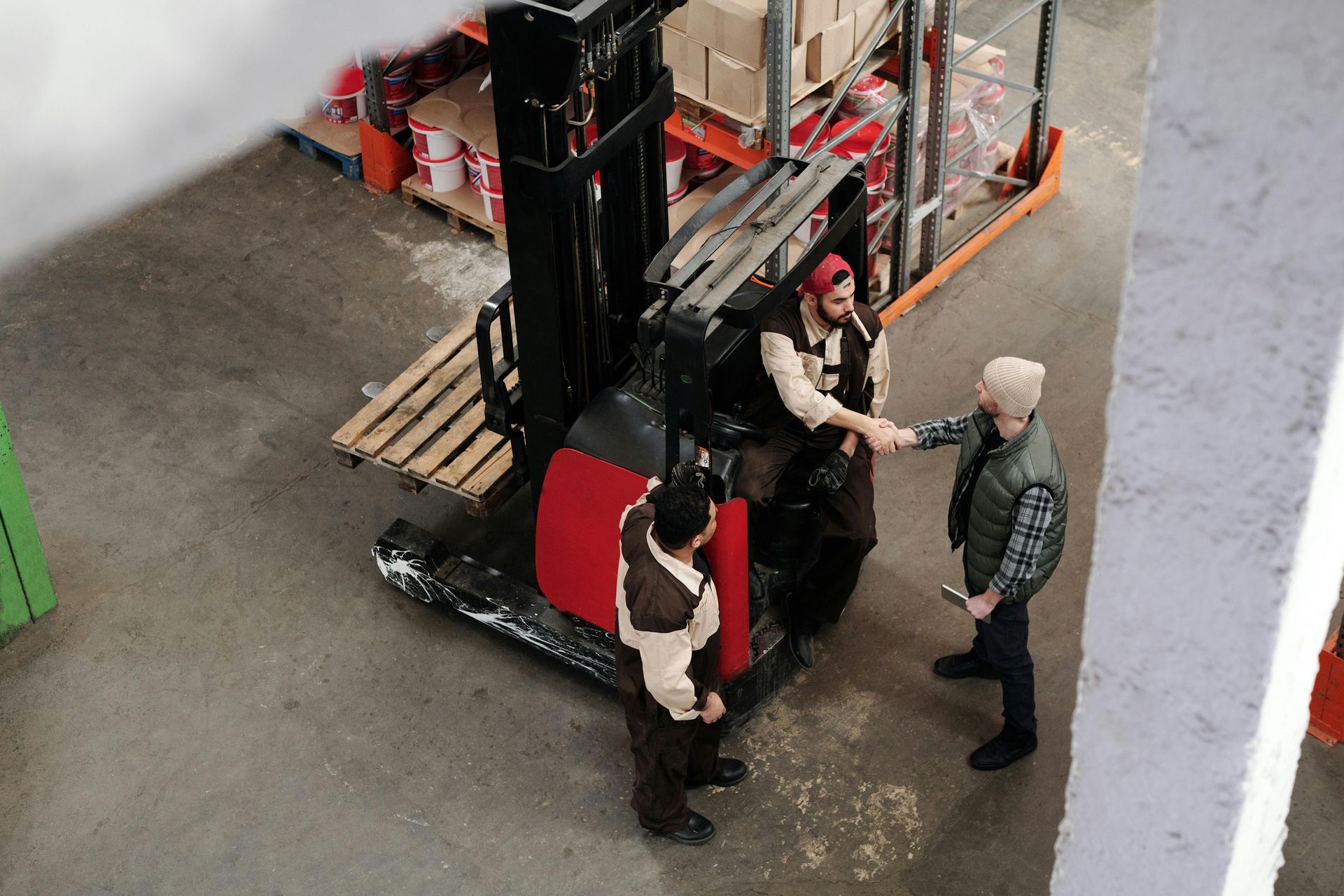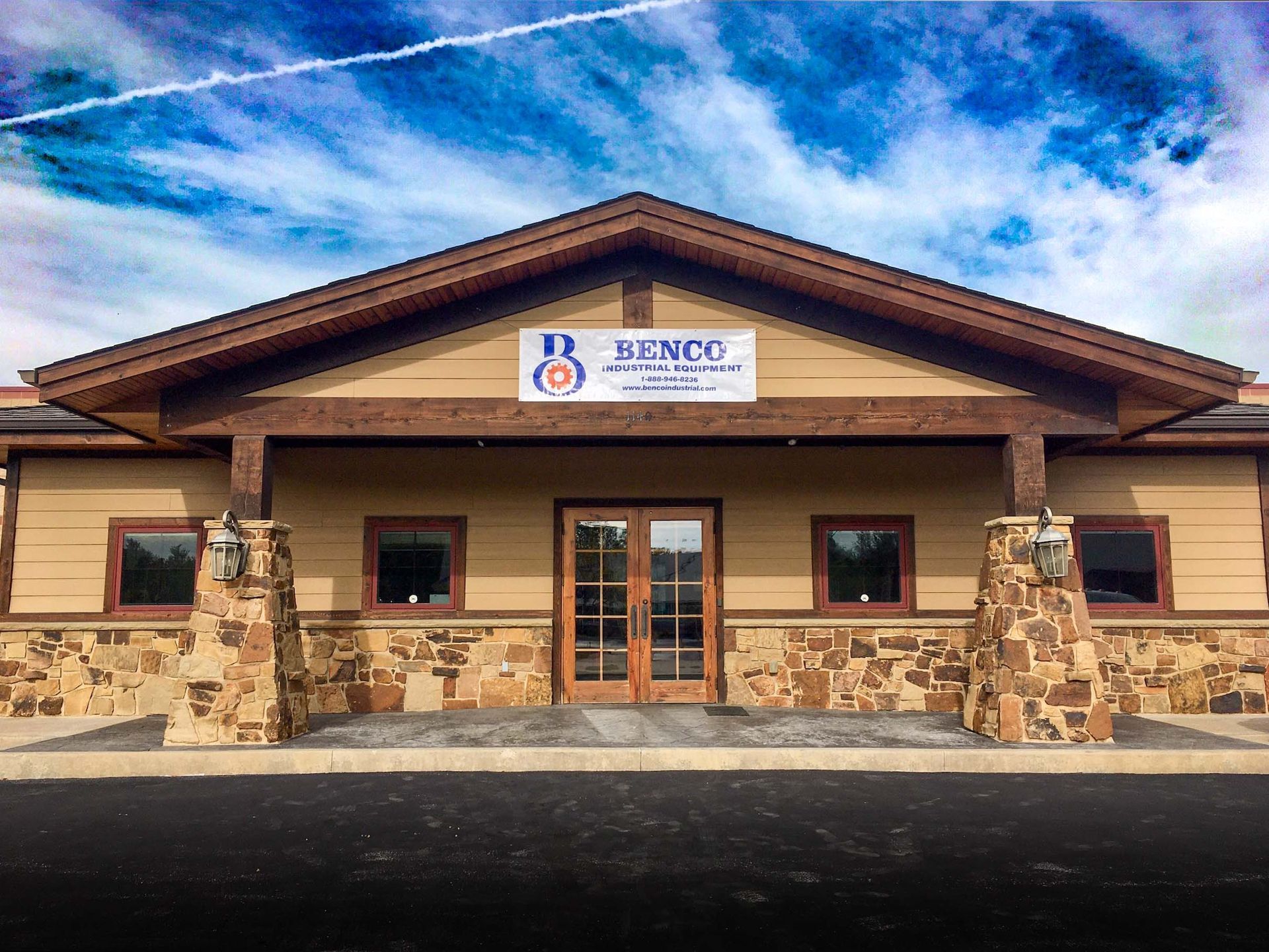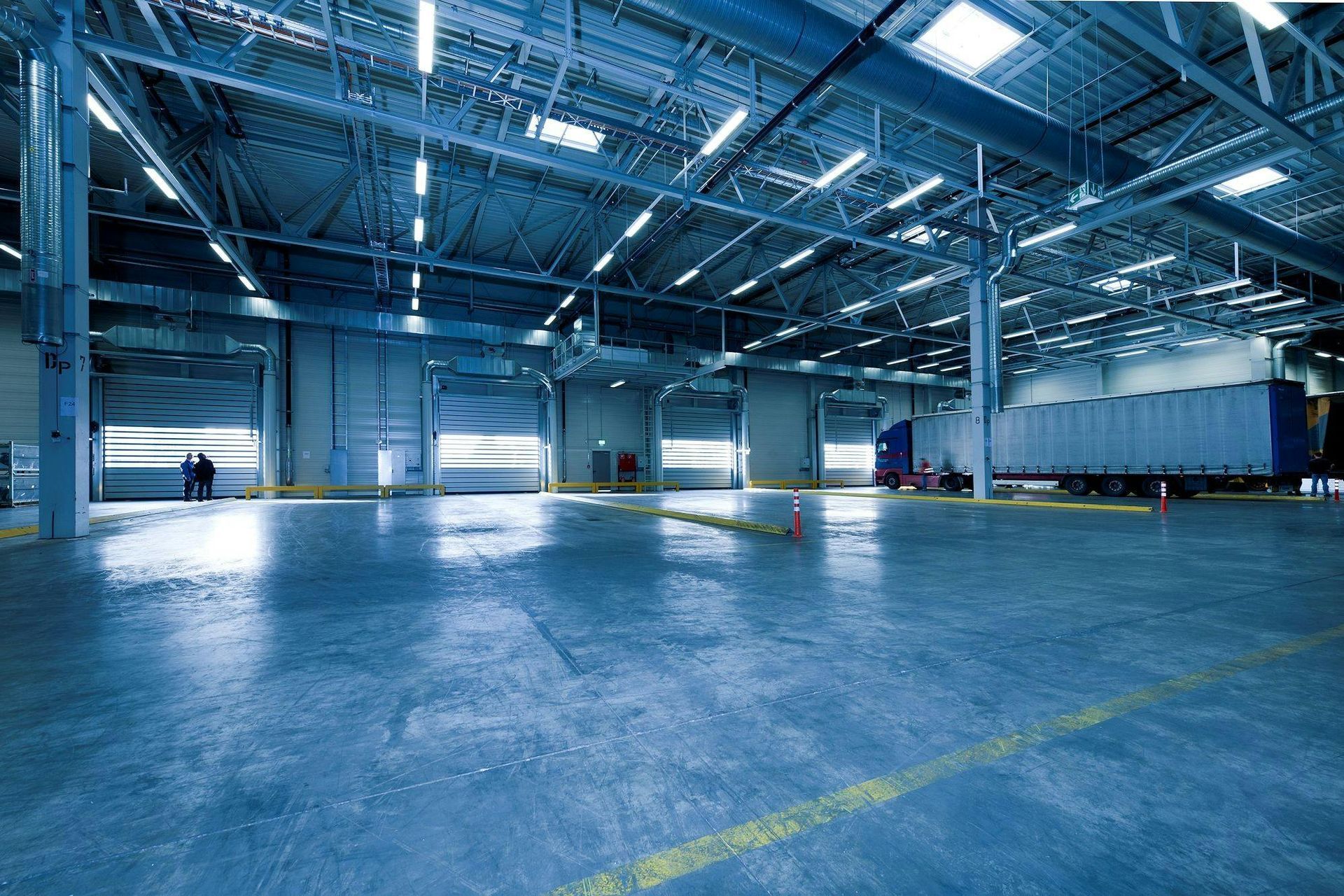Forklift Safety Tips Every Warehouse Needs
Forklifts are indispensable in warehouses, distribution centers, and manufacturing facilities. They streamline material handling, improve efficiency, and reduce manual labor.
However, their power and mobility also come with significant risks. According to OSHA, forklifts cause thousands of injuries and hundreds of fatalities each year in the United States alone. The majority of these incidents are preventable when proper safety protocols are in place.
For warehouse managers, supervisors, and operators, prioritizing forklift safety isn't just a legal obligation; it's essential for protecting employees, minimizing downtime, and maintaining productivity.
Below, we outline the most common forklift accidents and the key safety measures warehouses should implement to prevent them.
Common Forklift Accidents
Understanding the types of accidents that occur most frequently can help organizations target their safety efforts effectively.
Tip-Overs: Forklifts can tip over when driven too fast, operated on uneven surfaces, or overloaded. Tip-overs are particularly dangerous because operators can be crushed or thrown from the vehicle.
Collisions with People: Pedestrian collisions are a leading cause of forklift-related injuries. Limited visibility, crowded aisles, and poor communication between operators and pedestrians increase the risk.
Falling Loads: Improperly secured or stacked loads can fall during lifting or transport, potentially injuring operators or nearby employees.
Striking Fixed Objects: Forklifts colliding with shelving, walls, or equipment can damage infrastructure and create hazards for other employees.
Mechanical Failures: Poorly maintained forklifts can malfunction, leading to accidents. Issues such as brake failure, hydraulic leaks, or steering problems can quickly escalate into dangerous situations.

Key Safety Protocols for Warehouses
Implementing comprehensive safety protocols can drastically reduce the likelihood of forklift accidents.
Proper Operator Training and Certification
Operators should complete thorough training programs that cover forklift operation, safety procedures, and hazard recognition.
Certification ensures that each operator understands how to maneuver the vehicle and respond to emergencies safely. Refresher courses should be offered regularly to keep skills sharp and up-to-date with current safety standards.
Establish Clear Traffic Management Rules
Clearly defined traffic patterns help prevent collisions and confusion.
- Mark pedestrian walkways separately from forklift paths.
- Use signage and floor markings to indicate speed limits, crossing areas, and restricted zones.
Implement one-way traffic lanes in narrow aisles to minimize head-on collisions.
Conduct Routine Equipment Inspections
Daily pre-shift inspections of forklifts can identify potential hazards before they lead to accidents. Operators should check brakes, steering, tires, lights, horns, and hydraulic systems.
A documented inspection process ensures accountability and helps track recurring maintenance issues.
Enforce Load Safety Procedures
Proper load handling is critical to prevent tip-overs and falling objects.
- Never exceed the forklift’s rated capacity.
- Ensure loads are balanced and stable.
- Stack items securely and avoid overhanging or uneven loads.
- Keep forks low during transport to maintain stability.
Emphasize Pedestrian Awareness
Pedestrian safety measures should be a top priority in any warehouse environment.
- Training operators to yield to pedestrians and maintain safe speeds.
- Equipping forklifts with warning lights, horns, and mirrors.
- Educating employees on safe walking routes and encouraging situational awareness at all times.
Promote Safe Driving Practices
Operators should maintain controlled speeds, avoid sharp turns, and never drive recklessly.
Additionally, forklifts should only be used for their intended purposes, and operators must remain seated with seatbelts fastened at all times.
Implement Ongoing Safety Audits
Regular safety audits and risk assessments help identify gaps in warehouse procedures and ensure compliance with OSHA standards.
Audits can uncover issues such as blocked aisles, improper signage, or operator errors, allowing for timely corrective action.

Creating a Culture of Safety
Beyond protocols, fostering a culture of safety is crucial. Employees should feel empowered to report hazards, suggest improvements, and consistently follow best practices.
Leadership commitment, regular training, and clear communication reinforce the importance of forklift safety across the organization.
By investing in operator training, equipment maintenance, traffic management, and ongoing audits, warehouses can significantly reduce the risk of accidents. Safe operations protect employees and reduce downtime, prevent costly repairs, and maintain overall efficiency.
Forklift accidents are often preventable when warehouses implement thoughtful, comprehensive safety protocols. From training operators and managing traffic to inspecting equipment and enforcing proper load handling, every step matters.
Creating a culture that prioritizes safety ensures that employees return home safely at the end of the day while keeping operations running smoothly.
Safety is not just a rule to follow; it's a commitment that benefits everyone in the warehouse. By proactively addressing risks, businesses can protect their workforce, avoid costly incidents, and foster a productive, secure environment for years to come.
Connect With Benco Industrial Equipment
At Benco Industrial Equipment, we are invested in providing you with the equipment, maintenance, and resources needed to keep your warehouse operations running smoothly and safely.
Whether it be forklifts, pallet jacks, order pickers, or a custom mix of solutions, our team has the expertise and inventory to keep you covered.
Contact us today to see how we can help!



